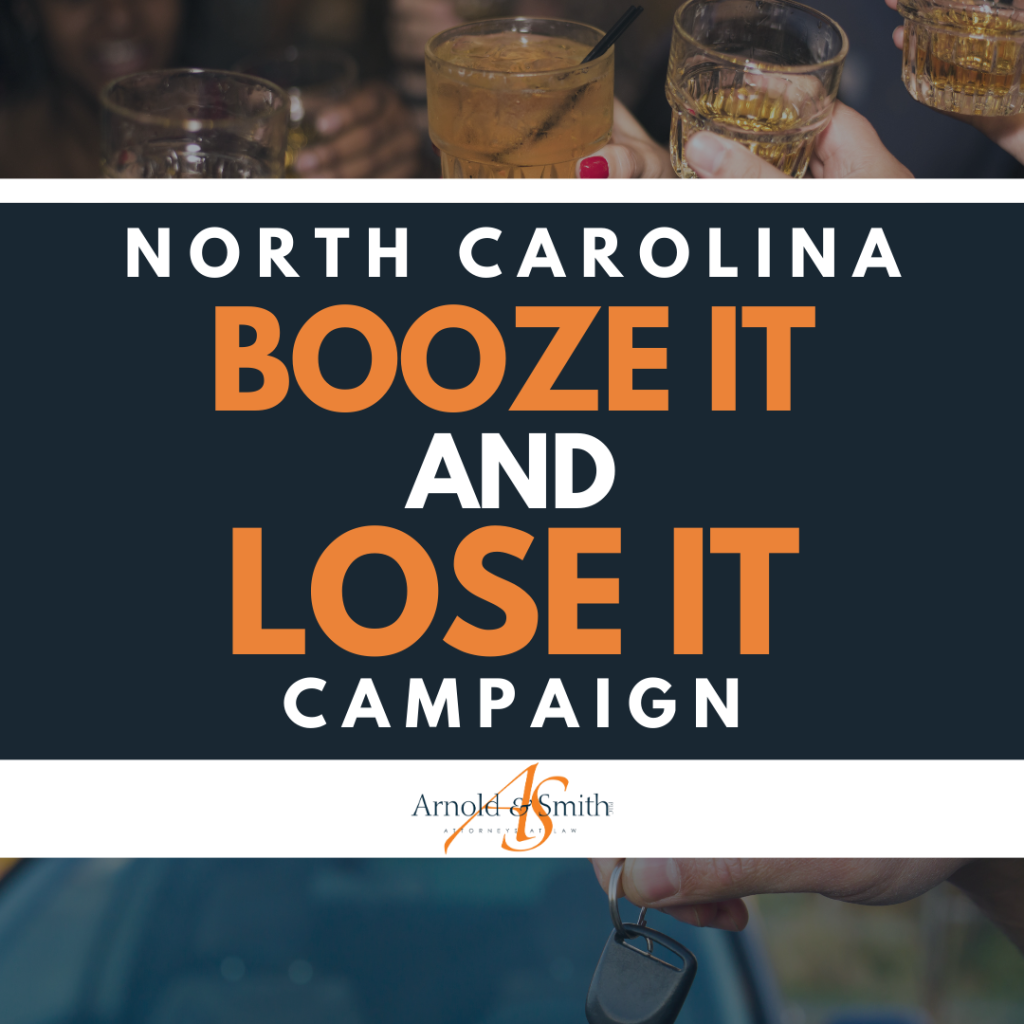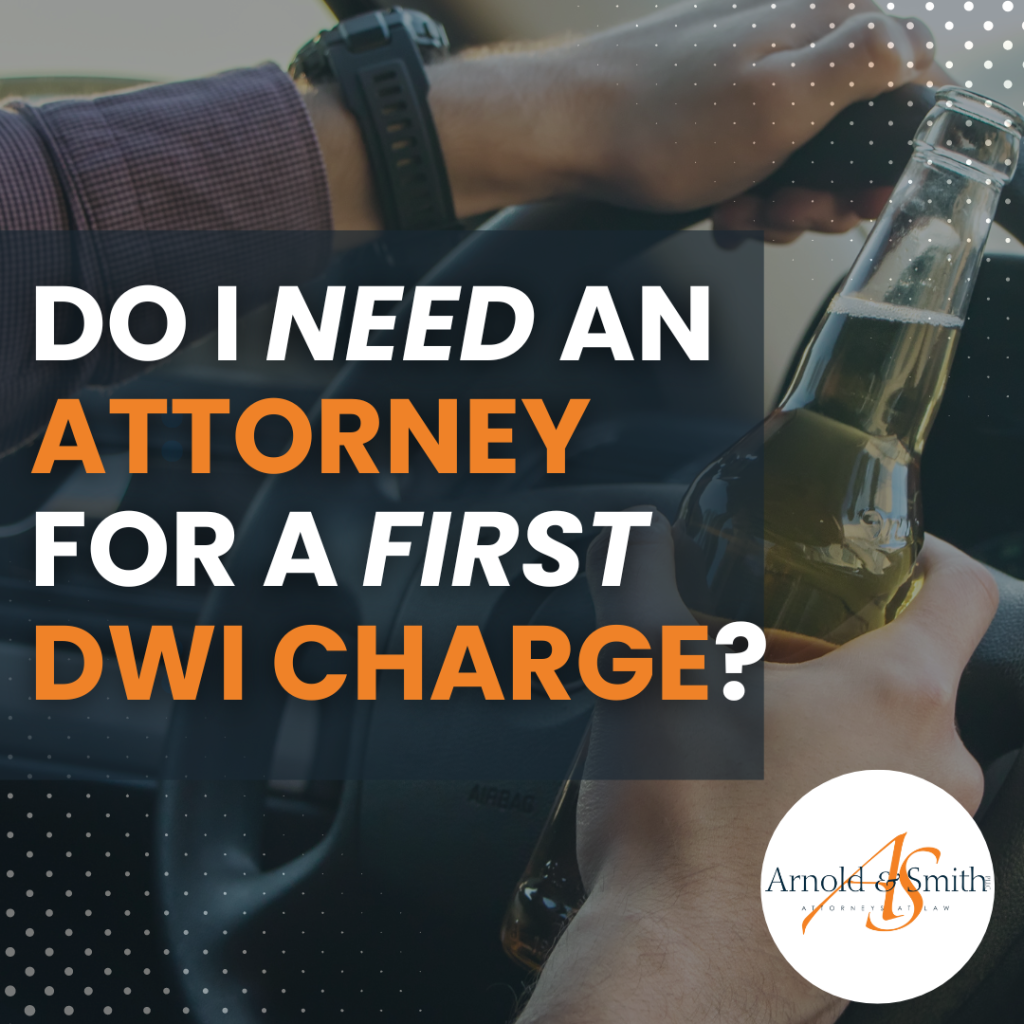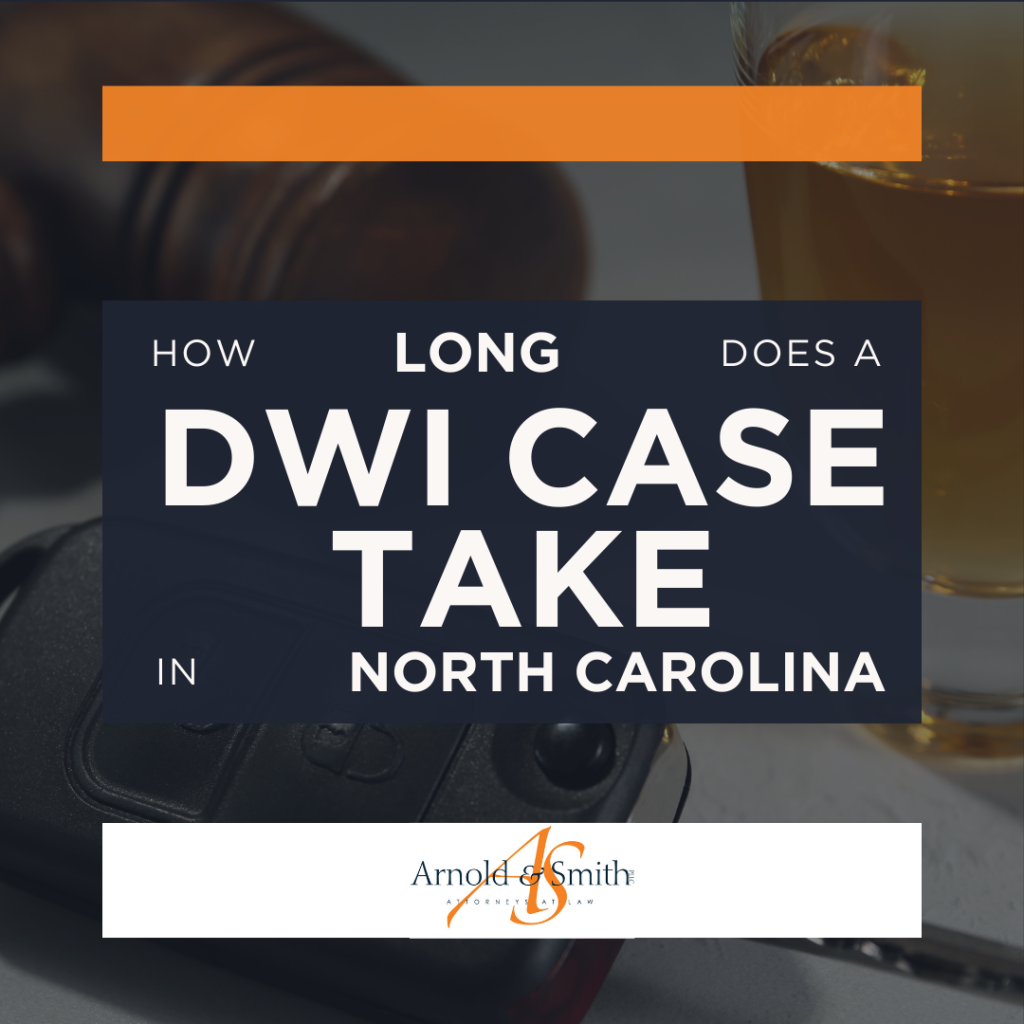 North Carolina Booze it and Lose it Campaign
North Carolina Booze it and Lose it Campaign
Drinking and driving is the cause of many accidents with injuries and fatalities. North Carolina has put a statewide “Booze It and Lose It” campaign in place to combat potential drunk driving. The campaign is in place this year, and extra efforts are being put in place for holiday periods. The program puts more law enforcement in place during times of possible increased drinking and driving. As a result of increased police efforts, there may be an increase in drivers who have been charged with DUI. An experienced criminal defense attorney will assist you in defending DUI charges in North Carolina.
Booze it and Lose it
 Charlotte Criminal Lawyer Blog
Charlotte Criminal Lawyer Blog









